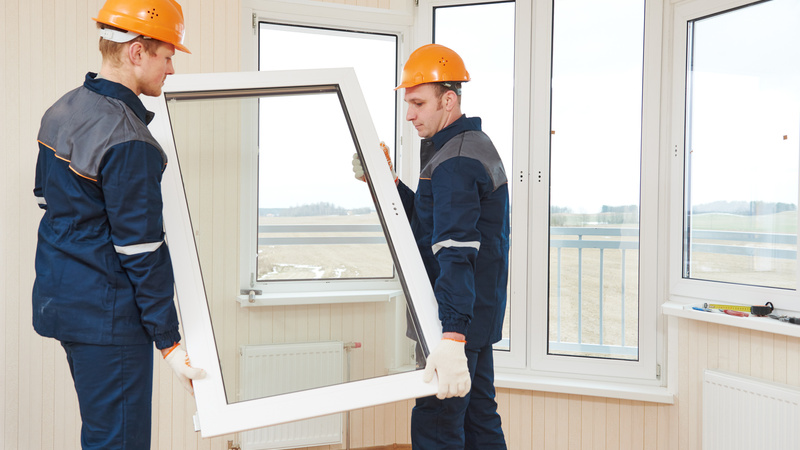There is some confusion among the general public as to the difference between a qualified welder and a certified welder. Simply put, a qualified welder has the experience, and shown his or her expertise in the welding field. They are skilled at what they do, and can competently complete a variety of welding tasks.
A certified welding technician has gone through proper training and instruction in order to receive their certification. This certification generally holds a welding technician to a higher standard, and gives them access to several trades bureaus and companies. Certified welding Cleveland, technicians, and others around the country, can demand higher salaries and more specialized tasks.
There is no strict requirement in any welding code to obtain a welding certification. They do, however, require that all welders be qualified. This is done by a series of tests and welding tasks on specific materials.
Qualification
All welding and safety codes require that welders obtain a qualified status. This is done by performance and testing, known as the Weld Procedure Specification, or WPS. The test results, (Welder Qualification Test Record, or WQTR), is required in order to be designated as qualified to weld in a production environment. Most codes require continuity in order to maintain the qualification; this means welding at least once every six months, in the manner in which one was qualified. Certification and qualification tests may be needed, and administered by certified welding inspectors.
Certification
A welding certification is a hands-on qualification test, conducted by a certified welding inspector. The inspector will determine whether or not the person can produce a quality weld that is up to code, and follow the proper welding procedure that is required by a company, industry standard or job site. Once certified, a welder will receive a wallet card and certificate that describes this distinction. A certification and wallet card attest to the welder’s qualifications and to what exactly he or she is qualified for. There are different welding certifications required for differing welding methods.
There are different qualification and certification levels in regards to welding. This may mean that a welder is only certified on certain machines, or on specific materials. In order to be qualified and certified on several different methods and materials and processes, there may be several tests involved.
A qualified welder can be just as technically sound as a certified welder. The only difference may be the certification wallet card. Most certified welding shops have both qualified and certified welders on hand.
Avon Lake Sheet Metal offers certified welding in Cleveland, technicians as well as qualified welders. Call or visit today to discover how they can help you with your welding needs.








